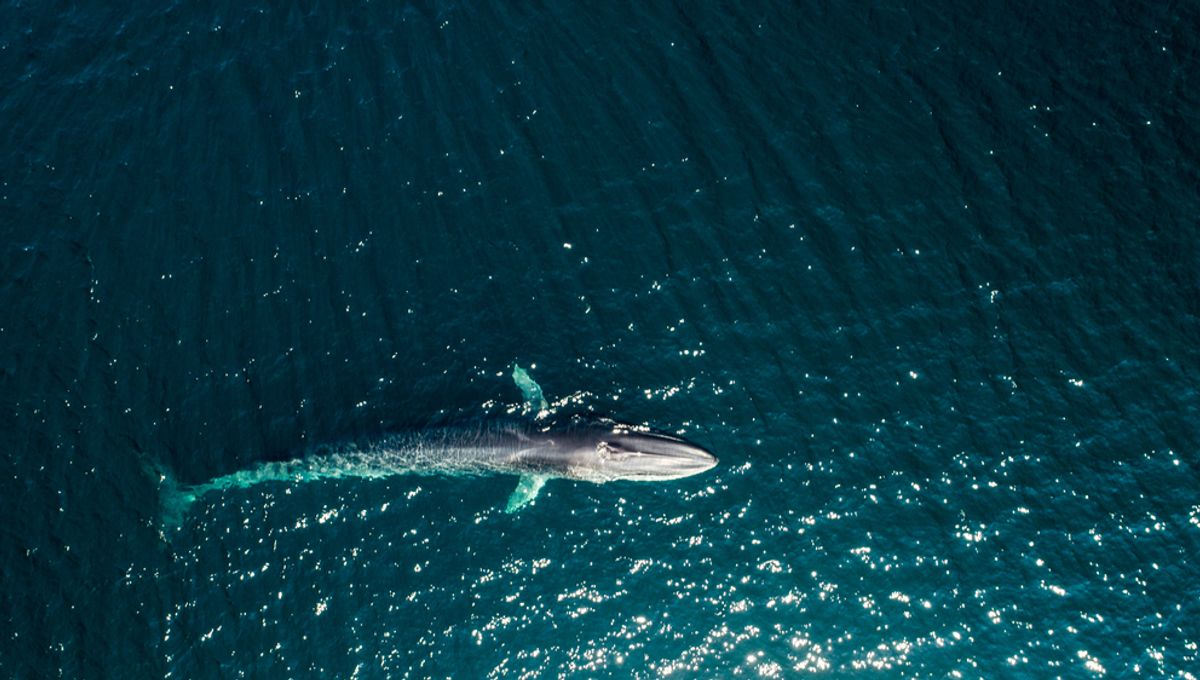
Iceland’s government has suspended this season’s commercial whaling due to animal welfare concerns. While the suspension only lasts until the end of this summer 2023, animal rights groups are hoping it will be the final nail in the coffin for the dwindling whaling industry in Iceland.
The move was announced on June 20 by Svandís Svavarsdóttir, Iceland’s Minister of Food, Agriculture, and Fisheries. She said that the government has decided to suspend the hunting of fin whales until August 31, which effectively cancels this season’s whale killing.
Minister Svavarsdóttir explained that the decision came off the bat of a major report published by the Icelandic Food and Veterinary Authority in May 2023 that suggested whaling might be breaking the country’s animal welfare laws.
“In my opinion, the conditions of the Act on Animal Welfare are mandatory. This activity cannot continue in the future if the authorities and the license holders can not ensure the fulfillment of the welfare requirements,” she said in a statement.
The report concluded that whales are often subjected to long and agonizing deaths at the hands of Icelandic sailors. One of the methods used to hunt whales in Iceland is explosive harpoons, which are like sharp spears that are fired into their blubber before violently blowing up.
After studying 58 of the 148 whales caught in Iceland in the previous year, they found that whales took an average of 11.5 minutes to die after the first shot if not killed immediately. In at least two cases, whales took more than two hours to die.
Iceland has just one remaining whaling company, Hvalur, that is licensed to commercially hunt fin whales (Balaenoptera physalus) – the second-largest whale species on earth. Under the IUCN Red List, the giant species is considered vulnerable to extinction.
The Nordic nation’s relationship with whaling has long-proved controversial among the international community.
In 1986, the International Whaling Commission (IWC) agreed to enact a global moratorium on all commercial whaling. Iceland withdrew from the agreement in 1992, before rejoining in 2002 with a reservation to the moratorium. Since the IWC holds no formal power and membership is voluntary, Iceland – as well as Norway and Japan – were able to flout the ban and continued whaling in spite of international backlash.
Recent years, however, have seen the whaling industry in Iceland slowly grind to a halt. Amid declining domestic demand for whale meat, Minister Svavarsdóttir explained in early 2022 that it would be very unlikely that whaling licenses will be renewed in Iceland when they expire at the end of 2023, effectively ending the practice by 2024.
With this latest move from Iceland’s government, animal rights groups are pressuring them to go all-out of the action, banning the practice once and for all.
“This is a major milestone in compassionate whale conservation,” Ruud Tombrock, Executive Director of Humane Society International/Europe, said in a statement.
“There is no humane way to kill a whale at sea, and so we urge the minister to make this a permanent ban,” continued Tombrock.
“Economic factors have certainly played a significant role in the demise of this cruel industry – with little demand for whale meat at home and exports to the Japanese market dwindling – but it is the overriding moral argument against whaling that has sealed its fate,” commented Kitty Block, CEO of Humane Society International.
“The world now looks at Japan and Norway as the only two countries in the world to still mercilessly kill whales for profit,” added Block.
Source Link: Iceland Suspends 2023's Whaling Season – And It's Unlikely To Return In Future